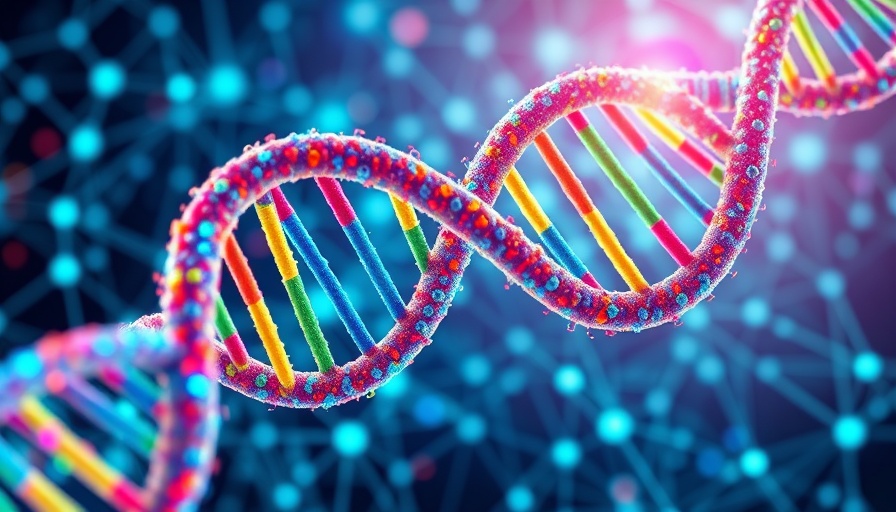
The Unseen Force: Introners in Genetic Evolution
Recent findings from researchers at the University of California, Santa Cruz, highlight a fascinating aspect of our genetic makeup. The study reveals that a certain class of genes, termed 'introners,' play a pivotal role in the complexity of genomes across various species. In essence, these 'selfish genes' can replicate and spread in ways previously thought impossible, enhancing our understanding of gene evolution and diversity.
Understanding Introners
Introners are genetic elements that, unlike traditional introns, do not seem to serve a significant evolutionary function. Instead, they act more like parasites, embedding themselves into a host's genetic material without providing a clear benefit to the host. This self-serving behavior raises intriguing questions about why these elements exist and how they contribute to the evolution of complex life forms.
Horizontal Gene Transfer: The Surprising Journey of Introners
One of the study's groundbreaking revelations is the process of horizontal gene transfer—where genetic material is exchanged between unrelated species. This study documented eight distinct occurrences of introners jumping between species, underscoring the adaptability and resilience of these seemingly non-essential genetic elements. This phenomenon presents a paradigm shift in our understanding of genetics, suggesting that the boundaries of species can be more fluid than previously considered.
The Impact of Introners on Human Health
Understanding introners' role is not just an academic exercise; it has practical implications for human health. The variations introduced by introns during the protein synthesis process can lead to diverse protein forms, potentially influencing how certain diseases manifest, including various cancers. Researchers hope that further insights into these genetic elements could lead to novel approaches for disease treatment and management.
Genetic Complexity: A Double-Edged Sword
While introners contribute to genetic diversity, they also pose risks. The complexity brought about by what they introduce can lead to errors in protein synthesis, which can have downstream effects on health.
The Broader Implications of Genetic Research
This research falls within the broader context of genetic studies that seek to unravel the complexities of DNA and its functions. The motivation behind investigating these features is to not only understand human biology better but also inform therapeutic practices that could revolutionize health management. The research cuts across disciplines, intertwining biology and technology, suggesting a future where genomics could personalize medicine.
Future Directions: What Lies Ahead?
The discovery of introners will likely pave the way for future explorations in genetic research. Scientists are poised to look deeper into the mechanics of these genes, their interactions, and potential applications in biotechnology, synthetic biology, and medicine. As we continue to uncover the intricacies of our DNA, fundamental questions about evolution and the nature of life will surely evolve alongside.
 Add Element
Add Element  Add Row
Add Row 



Write A Comment